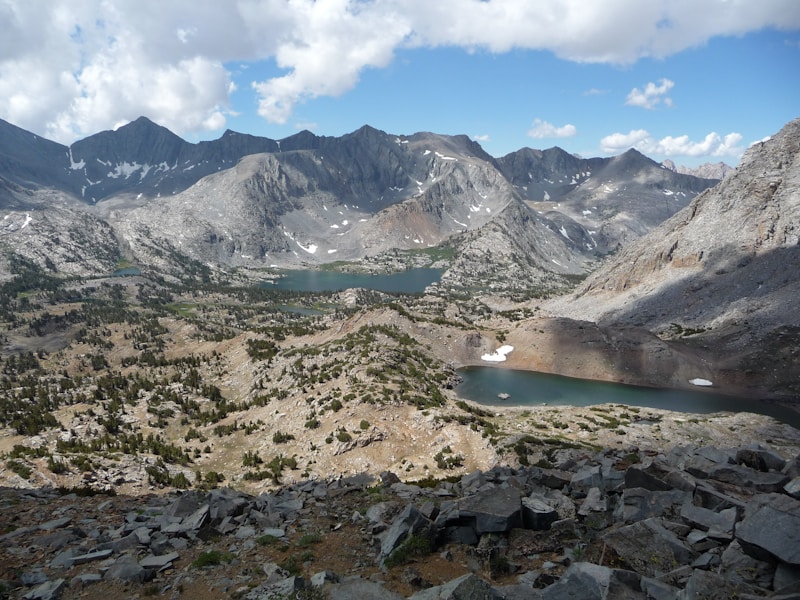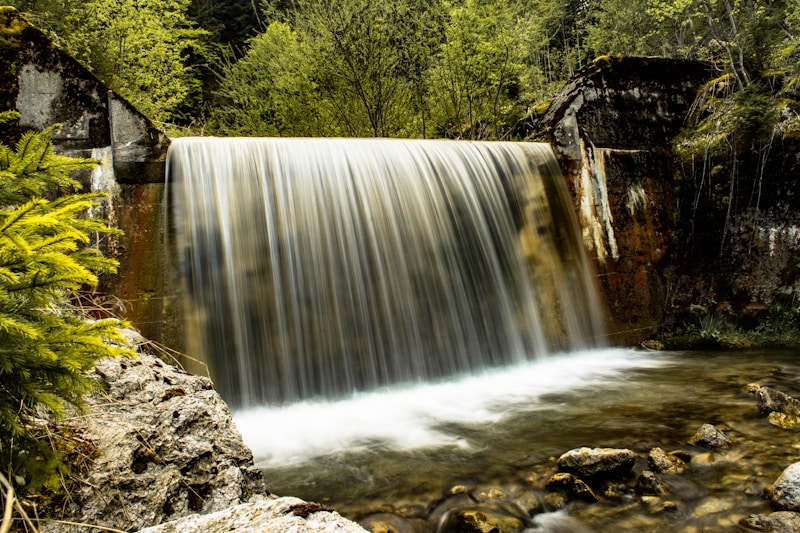Questions and Answers
What is the main focus of physical geography?
Natural processes shaping Earth's features
Which disciplines are combined to form physical geography?
Geology, climate science, hydrology, ecology, and atmospheric science
What distinguishes physical geography from other branches like political geography?
Emphasis on natural processes shaping the Earth
Where can geographers specializing in physical geography work?
Signup and view all the answers
What career paths can one pursue in physical geography?
Signup and view all the answers
How does physical geography contribute to environmental research?
Signup and view all the answers
What is a primary responsibility of physical geographers in their career?
Signup and view all the answers
Which course would be most beneficial for someone interested in working as a GIS specialist?
Signup and view all the answers
What distinguishes physical geography from simply making maps?
Signup and view all the answers
Which role is NOT commonly associated with a career in physical geography?
Signup and view all the answers
What essential skill do physical geographers apply to engage in effective change?
Signup and view all the answers
Which area of study is crucial for those interested in fieldwork in physical geography?
Signup and view all the answers
Study Notes
Physical Geography: Uncovering Earth's Spatial Complexities
Physical geography is an integral subdiscipline within the vast field of geography, focusing on the natural processes that shape our planet's landforms, water systems, atmospheric patterns, and ecosystems. This dynamic branch of study encompasses a variety of topics and career paths, affording one the opportunity to engage in research and application across the spectrum of environmental, ecological, and geological systems.
The Interdisciplinary Nature of Physical Geography
Physical geographers are faced with the challenge of understanding the intricate relationships between the Earth's natural systems and human societies, often employing both quantitative and qualitative methods to tackle a diverse array of scientific and environmental issues. Physical geography combines elements of geology, climatescience, hydrology, ecology, and atmospheric science, enabling geographers to explore the complex interactions between these systems.
Academic and Professional Applications
Physical geography is more than just understanding complex maps or memorizing country names. It is a critical component of environmental science, climate change research, land-use planning, resource management, and conservation efforts. Geographers at work can be found in various academic and professional settings, including research institutions, government agencies, non-governmental organizations, and private industry.
Recommended College Courses
The following courses are recommended for those interested in pursuing physical geography:
- Introduction to Physical Geography
- Geographic Information Systems (GIS)
- Remote Sensing
- Environmental Management
- Quantitative Methods
- Human Geography
- Regional Geography
- World Geography
- Cultural Geography
- Field Methods
- Geospatial Technologies
Career Opportunities
Physical geographers can take on a multitude of roles across various industries and contexts. They may be employed as research assistants, professors, consultants, GIS specialists, environmental planners, or policy analysts. Regardless of their specific career path, physical geographers are tasked with asking questions, gathering and analyzing data, and communicating the results to engage in effective change.
Conclusion
Physical geography is not simply about memorizing facts or making maps; it's about understanding the complex relationships between Earth's natural systems and human societies, and using that knowledge to create sustainable solutions for environmental challenges. As a constantly evolving field, physical geography continues to offer remarkable opportunities for those interested in tackling the critical issues of our time.
Studying That Suits You
Use AI to generate personalized quizzes and flashcards to suit your learning preferences.
Description
Explore the interdisciplinary field of physical geography, which delves into the natural processes shaping Earth's landforms, water systems, and ecosystems. Learn about the diverse career opportunities in environmental science, climate change research, and resource management within this dynamic field.



